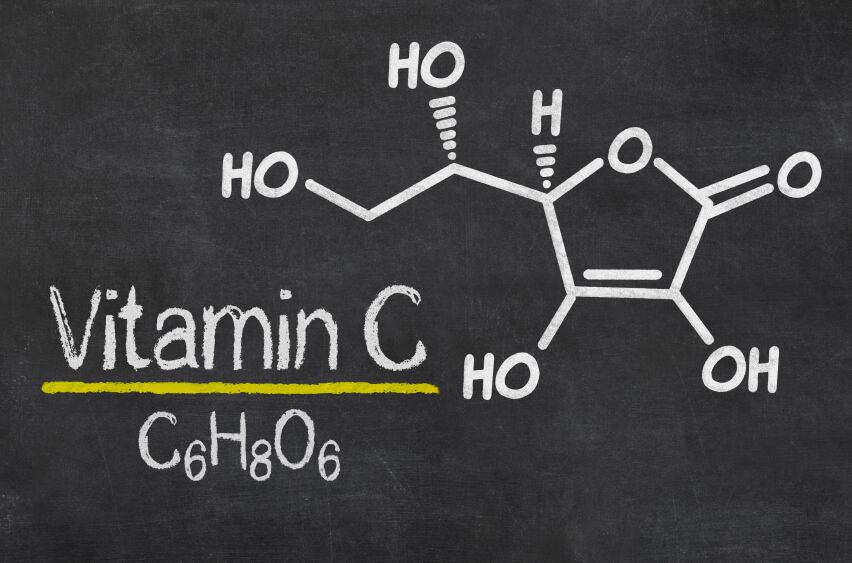The team said the blend of vitamins C, D, folic acid (B9), green tea extract, omega-3 and its synergistic effects could help slow the progress of conditions like Alzheimer's and Parkinson's, and even augment cognitive performance.
The brain is vulnerable to free radical damage. This is due to its high content of unsaturated fatty acids, high oxygen metabolism (20% of total body consumption) and relatively low levels of endogenous antioxidants.
Not only did the supplementation improve cognitive function in older mice, but brain cell density and brain mass were maintained at levels comparable to young mice.
Previous research has concentrated on antioxidants, anti-inflammatories or a few ingredients at a time, enabling the identification of potential benefits in isolation.
The downside however, prevents the study of interactive effects, which may emerge in more complex formulations.
Study details

Scientists from McMaster University in Hamilton in Canada used transgenic growth hormone mice (TGM) that exhibited the characteristics of accelerated ageing.
The characteristics included including chronic oxidative stress, reduced longevity, mitochondrial dysfunction, insulin resistance, muscle wasting, and elevated inflammatory processes.
The multi-ingredient dietary supplement (MDS) was then given to the mice from weaning throughout the lifespan of the animals.
The mice were then subjected to a battery of tests to assess motor coordination, vision and contextual discrimination, among others.
“The dietary supplement completely abolished the age-related cognitive decline in TGM,” the scientists observed.
“Remarkably, MDS supplemented older TGM had significantly better maze performance than younger control TGM and more than 2-fold faster task learning than normal mice. TGM cognitive decline was not only prevented, but augmented by the MDS.”
Human trials

Previous studies by the same team also revealed that the MDS supplement benefited older normal mice.
MDS treatment has been shown to significantly reduce oxidative damage, boost mitochondrial function and alleviate symptoms of inflammation.
The team attributed diminishing oxidative/inflammatory stress and improved energy balance as main contributing factors to the neuronal protection and sensory function demonstrated in this study.
“There is potential with this supplement to help people who are suffering from some catastrophic neurological diseases," said Dr Jennifer Lemon, research associate in the Department of Biology and a lead author of the study
"We know this because mice experience the same basic cell mechanisms that contribute to neurodegeneration that humans do. All species, in fact. There is a commonality among us all."
The researchers’ next step is to test the supplement on humans, within the next two years, with a specific emphasis on those dealing with neurodegenerative diseases.
Source: Environmental and Molecular Mutagenesis
Published online ahead of print, DOI: 10.1002/em.22019
“A multi-ingredient dietary supplement abolishes large-scale brain cell loss, improves sensory function, and prevents neuronal atrophy in aging mice.”
Authors: J.A. Lemon, V. Aksenov, R. Samigullina, S. Aksenov, W.H. Rodgers, C.D. Rollo, D.R. Boreham
